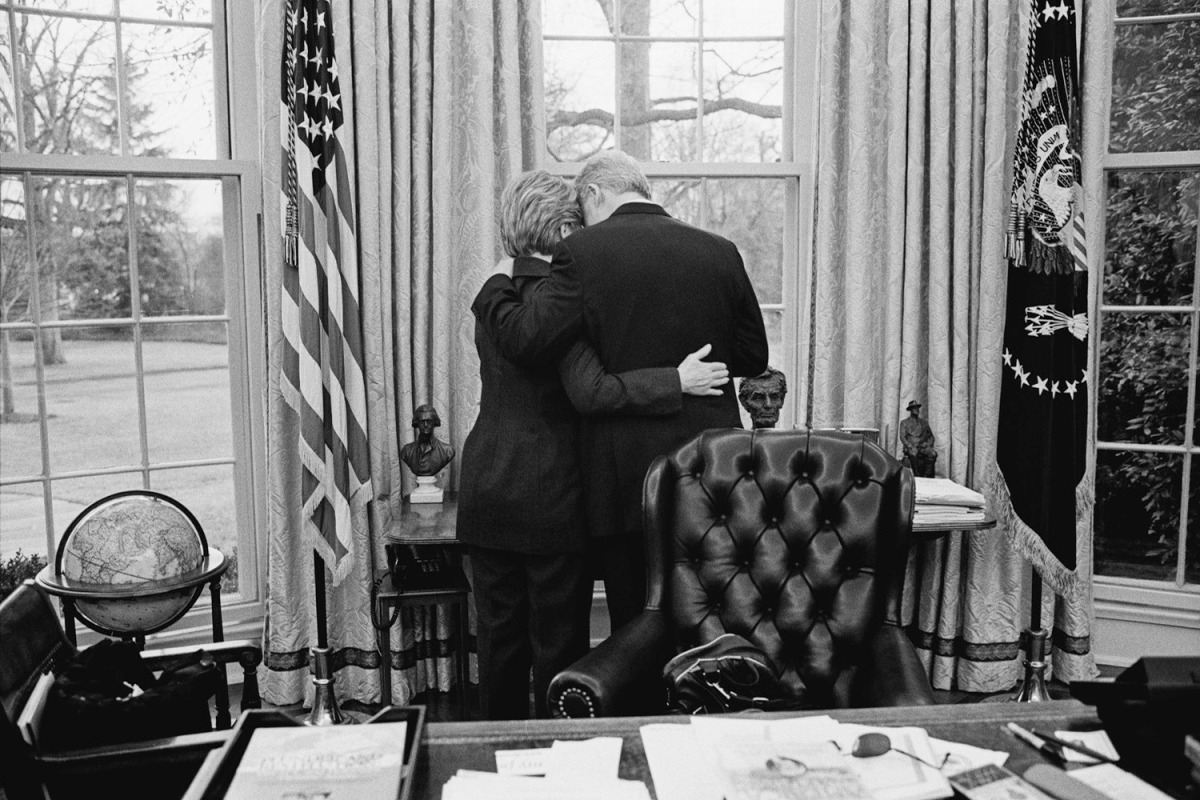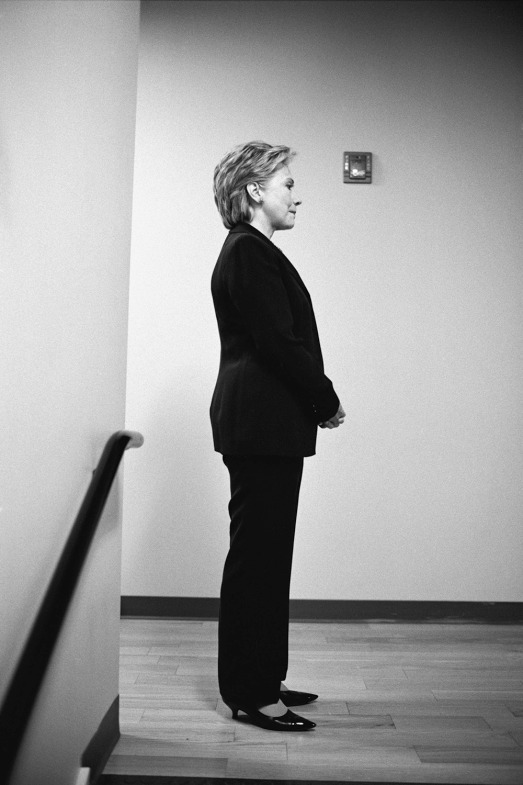
Trustworthiness is a tricky thing in politics, a label that everyone demands but no one fully deserves. The reason has less to do with the integrity of the players than the rules of the game. Distortion, denial, defamation—they all work. Only a straight-talking sucker would really play it straight all the time.
So one must be careful not to pass too harsh a judgement on Hillary Clinton, for whom polls reveal a real perception problem when it comes to being honest or trustworthy. CNN’s national polling sample says 57% of Americans don’t think she is either. ABC News and the Wall Street Journal put that number at 52%.
In an interview with CNN on Tuesday, Hillary Clinton blamed the numbers on her political enemies. “This has been a theme that has been used against me and my husband for many, many years,” she said. “And at the end of the day, I think voters sort it all out.”
Then she proceeded to demonstrate why voters may not ultimately come down on her side. While casting herself as the victim of false smears, she mischaracterized the circumstances surrounding her handling of records kept in a private email server Secretary of State. The comment that set off the fact checkers was a five-word sentence.
“I’ve never had a subpoena,” Clinton said, even though she has been subpoenaed. Her allies tried to clean up the flub the next day by explaining that she seemed to be answering a narrower question than the one that was asked. “Obviously everyone—including Secretary Clinton—knows Chairman Gowdy issued a subpoena,” explained Maryland Rep. Elijah E. Cummings, the ranking member of the committee that issued the subpoena. “It appears clear that Secretary Clinton was answering a question about whether she deleted emails ‘while facing a subpoena.’ ”
But Clinton’s interview betrayed a larger pattern of dissembling, based either on a misunderstanding or a misrepresentation of the rules and law. “When I mailed anybody in the government, it would go into the government system,” she said. “Now I didn’t have to turn over anything. I chose to turn over 55,000 pages because I wanted to go above and beyond what was expected of me because I knew the vast majority of everything that was official already was in the State Department system.”
This is not true. She was required by law and rule to turn over the official records that she stored on her private server. “At the time she left office, the existing rules that were in place said that she was under a duty to transfer to an official record keeping system any email records on a commercial account that pertained to official business,” says Jason R. Baron, a lawyer at Drinker Biddle, and former director of litigation at the National Archives.
Federal records are legally defined to include all recorded information made “in connection with the transaction of public business” that show “evidence of the organization, functions, policies, decisions, procedures, operations, or other activities of the United States Government.” As Clinton’s office has admitted, this would include emails she sent and received about government business that did not ever show up in official State Department email accounts.
Federal rules (36 CFR 1234.24) clearly require agencies to collect those records from “external electronic mail systems” so that they can be stored inside the government. There is also a federal law (44 USC 3106) that authorizes agencies to take legal action through the Attorney General “for the recovery of records” that are threatened by destruction, deletion or erasure. Willfully destroying a federal record is a crime, punishable by fine and prison.
How did Clinton get it all so wrong? Her campaign has not volunteered a response. But it is clear that she was recounting her email story as part of a larger effort to portray herself as a victim of political enemies. “This is being blown up with no basis in law or in fact. That’s fine. I get it,” she told CNN. “This is being, in effect, used by the Republicans in the Congress, OK. But I want people to understand what the truth is.”
There is an irony here worthy of Shakespeare. In fighting back against what she sees as unfounded attacks, she threatens to become the thing her foes always accused her of being—not someone who can be seen as honest or trustworthy.
See an Intimate Portrait of Hillary Clinton









Read next: How Elizabeth Warren’s Populist Fury is Remaking Democratic Politics
Download TIME’s mobile app for iOS to have your world explained wherever you go
More Must-Reads from TIME
- Donald Trump Is TIME's 2024 Person of the Year
- Why We Chose Trump as Person of the Year
- Is Intermittent Fasting Good or Bad for You?
- The 100 Must-Read Books of 2024
- The 20 Best Christmas TV Episodes
- Column: If Optimism Feels Ridiculous Now, Try Hope
- The Future of Climate Action Is Trade Policy
- Merle Bombardieri Is Helping People Make the Baby Decision
Contact us at letters@time.com